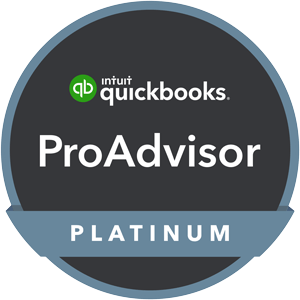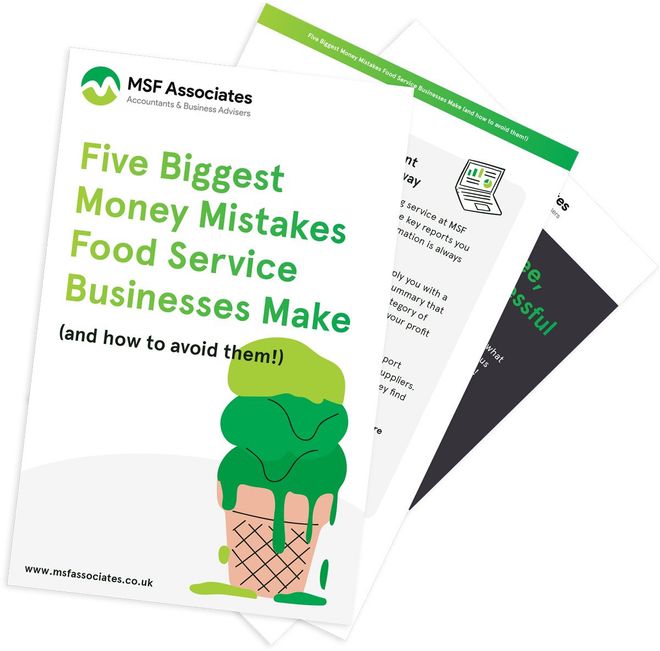Leave The Accounting To The Experts While You Run Your Restaurant and Cafe In Peace
The leading business advisers and accountants in Leeds for restaurants and cafes.
Take the stress out of your payroll

Leave The Accounting To The Experts While You Run Your Restaurant or Café In Peace
The leading accountants and business advisers in Leeds for the food and beverage industry.
Take the burden off your shoulders
You didn’t start your restaurant or cafe business because you wanted to stress over handling financial records all the time or do audits and worry if you filed your taxes right or not.
You started because you enjoy cooking, experimenting with new dishes, serving awesome food and watching the joy on people’s faces as they gobble up your dishes… right?
But now you’re faced with doing all these things you had no interest in because it’s a necessity to keep your firm alive and running smoothly. Sad.
Well, what if you didn’t have to do it yourself?

Accountants for restaurants, cafes, and takeaways
Fast Food Restaurants
Cafes
Takeaways
Food Wholesalers
Let us do it for you
At MSF Associates accountants in Leeds, we are qualified professional accountants with years of experience serving the hospitality industry and delivering excellent service to our clients. This is why we understand you perfectly and know just how to help you.
We’ve made it our mission to not just give you what you need but what you want. You deserve to run your business without worrying over your finances. And we are here to give you the advice and more in-depth details as to why and how we get the figures we present, and what you can actually do in the future to put yourself in a better position.

How we help
Bookkeeping and Accounts Preparation
Keeping your records up to date & within HMRC adequate records requirements
Audit and Advisory
We help audit, interpret and advice on the information in your records to give you guidance on the decisions you should take to build a thriving business for yourself
Tax Investigations
We make investigations into the constant changing tax regulations and keep you informed so you never have to pay more taxes unexpectedly
Payroll
Ensuring that your staffs are paid on time and regulating your staffing costs to keep you profitable
VAT
Giving you an understanding on the foods subject to VAT and ensuring that your VAT returns have been filed appropriately
Research and Development
Identifying eligible expenditure within your business. Helping ensure you claim back as much as possible
Research and Development
Identifying eligible expenditure within your business. Helping ensure you claim back as much as possible
3 simple steps to get started with us
Step 1
To get the process started, book a meeting with an expert from our team
Step 2
On the meeting we learn where you are and discuss our plan to help you streamline your processes better as well as pricing
Step 3
We sign you up into our client portal and give you peace of mind from the results we’ll be providing
Free download
Five Biggest Money Mistakes Food Service Businesses Make
(and how to avoid them!)
As you probably know, many food businesses fail, up to 60% by some estimations will not even survive their first year. And many more will fail after that. We know that you don’t want to be part of that daunting statistic.
So, what are some of the biggest financial mistakes we see food and hospitality businesses make that's causing them to fail, and how can you avoid falling into them yourself?
In this eBook, we will explore the five biggest financial mistakes food service businesses make and offer practical strategies for avoiding them. Whether you are a seasoned restaurateur or a local takeaway business owner just starting out, this eBook will provide you with the advice you need to make informed financial decisions and achieve the success you’ve always dreamed of.

Our promises to you
Timely reports and transparency
Quick and friendly customer service
Peace of mind about your finances
Proper taxes
Proper expert advice
Advice on how to ensure maximum profits
Latest blog articles




Be the happy, free, passionate and successful restaurant owner
Stop multitasking unnecessarily and instead focus on what you’re good at and passionate about. Leave the tedious financial jargon to us. Work with MSF Associates today!
© 2024 MSF Associates Terms and Conditions Client Sign In Payroll Portal Payments Tide Partnership Design by Noir

